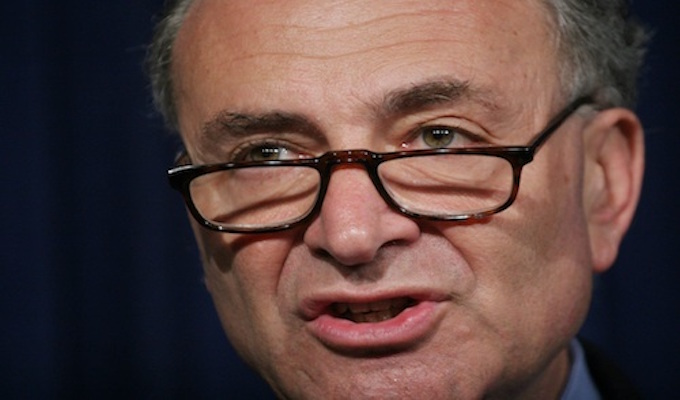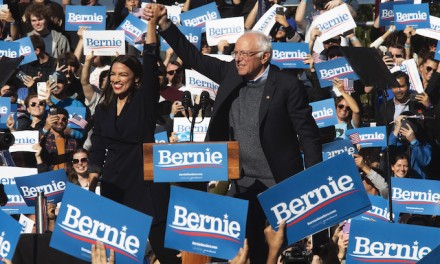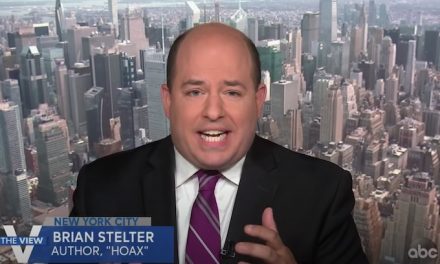Democrats face a dilemma if President Trump appoints more minority judicial nominees, forcing the party that touts its commitment to diversity to decide between confirming more conservatives or opposing black, Hispanic and Asian judges — and risking angering key constituencies.
They got a taste of it last month when they attempted a filibuster and then voted en masse against Amul Thapar, Mr. Trump’s pick for the 6th U.S. Circuit Court of Appeals, who became just the second South Asian Pacific American to reach the appellate level.
Shawn He, a board member with the San Diego Asian Americans For Equality Foundation, said the Senate’s party-line vote on the judge’s confirmation was unfortunate.
“We are concerned by the current toxic political climate that puts partisan politics above the interests of the people,” said Mr. He.
Judge Thapar was on Mr. Trump’s campaign list of 21 potential Supreme Court nominees. If another vacancy arises at the high court, he or another minority pick could make Democrats sweat.
“The Democrats see Thapar as a potential Supreme Court nominee, and were he to be nominated if a Supreme Court vacancy opened up, it would be very difficult to oppose him,” said Sheldon Goldman, a political science professor at the University of Massachusetts at Amherst.
Still, Mr. Goldman said he doubted Democrats would suffer too much politically if they can portray Mr. Trump’s picks as ideological outliers.
That was what Democrats tried to do with Judge Thapar, who despite earning the top rating from the American Bar Association was derided as a bad judge.
Sen. Mazie K. Hirono, a Hawaii Democrat whose state has the highest population of South Asian Pacific Americans, missed the committee vote and the floor vote on Judge Thapar because of health issues, but she joined in the attempted filibuster against him and her office said she would have voted against confirmation.
A spokesperson for Ms. Hirono said she was particularly concerned about Judge Thapar’s judicial philosophy on gay rights, money in politics and reproductive rights.
Two other Senate Democrats of South Asian American heritage, Sens. Kamala D. Harris of California and Tammy Duckworth of Illinois, did vote against Judge Thapar. Neither of their offices returned requests for comment about why they didn’t support the judge.
Fights over minority judges are nothing new.
When President George W. Bush nominated Miguel Estrada, a highly touted Hispanic lawyer with impeccable legal credentials, for the U.S. Circuit Court of Appeals for the District of Columbia, Democrats launched the first-ever successful partisan filibuster of a judicial nominee.
Analysts said Mr. Estrada was likely being groomed for the Supreme Court and Democrats didn’t want a Republican to name the first Hispanic to the high court.
Their gambit paid off. Mr. Bush ended up appointing two white men to the high court, leaving President Obama the chance to appoint the first Hispanic, Justice Sonia Sotomayor.
“I think they probably have the same concern about Thapar, which is he could become the first Asian-American justice,” said Curt Levey, president of the Committee for Justice. “I think that was one reason you saw 44 Democrats voted against him.”
Richard Rodriguez, president-elect of the District of Columbia’s Hispanic Bar Association, said his group will evaluate judicial picks based on how well they serve the city and the Hispanic community. But he said he can respect senators who oppose judges for legitimate reasons.
“It depends on why someone is blocking a nomination,” said Mr. Rodriguez. “If it’s for political reasons only, that would be problematic.”
Michael Gerhardt, a law professor at the University of North Carolina at Chapel Hill, said Democrats might lose support from minority voters over rejecting lower-court judges but it’s rare for constituents to follow lower-court appointments that closely.
“It’s unclear to what extent their constituents or their supporters are really concerned with lower-court nominations,” said Mr. Gerhardt. “Typically, lower-court nominations don’t matter very much for senators’ re-election, and senators know that.”
Mr. Gerhardt said judicial appointments have become intertwined with politics, and each side has attempted to thwart the other’s nominees.
“What you’re seeing is sort of the long-term consequences or, for lack of a better word, payback,” he said.
Dan Goldberg, legal director at the progressive Alliance for Justice, said Democrats had good reason to oppose Judge Thapar. He pointed to a ruling Judge Thapar made as a district judge on judicial ethics and fundraising that was partially overturned by higher courts.
“Quite frankly, it’s very disturbing that President Trump has only officially nominated one nonwhite jurist,” said Mr. Goldberg. “It is critical that the federal bench is diverse as possible.”
But Carrie Severino, chief counsel at the conservative Judicial Crisis Network, said opposing minority judges is a bad position for Democrats.
“The left realizes that this puts a lie to their own identity politics,” said Ms. Severino.
© Copyright (c) 2017 News World Communications, Inc.
—-
This content is published through a licensing agreement with Acquire Media using its NewsEdge technology.



















Recent Comments